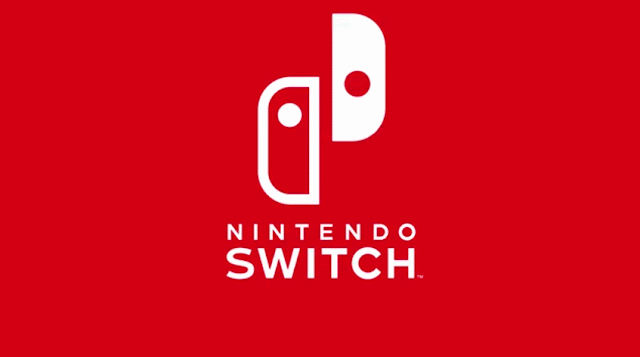The Switch's biggest problem is that it falls short on the mobile side: gamers who want to play on the go can't just play online on the go, because it doesn't take advantage of certain tech available in the mobile market. It's too soon to expect a true successor to the Nintendo Switch because there is still great interest in the current system.
If Nintendo wants to stay ahead of the curve, then they need to start thinking about how they can use similar features to improve their own products--even if those improvements seem small right now! A successor would be premature if it were to launch within the next year or maybe even two because we don't know what the market will look like. However, they must plot their course as early as possible.
Improve the specs of the successor, and give us features like cell tower access which can be a partnership with mobile companies that includes Nintendo Switch Online access. Nintendo President Shuntaro Furukawa is concerned about smooth console transitions, but the answer could be resting in his pocket. Switch 2, wouldn't be the most innovative name but it would send a clearer message that it's a successor similar to the way mobile phones are named (unlike the Wii U).
The iPhone 13 is the clear successor to iPhone 12.
The Galaxy S22 is the clear successor to Galaxy S21.
The OnePlus 10 is the clear successor to OnePlus 9.
Make no mistake, Nintendo Switch is still a great console and there's no doubt about it. But it's also true that the technology behind the Nintendo Switch has been largely unchanged since its launch in 2017.
Sure, there have been some improvements—the Joy-Con controllers have gotten slightly better, there are more games with online multiplayer modes, and the Pro Controller is slightly more comfortable to hold—but overall, the experience of using a Nintendo Switch today feels very similar to what it was like when it first came out.
That's not necessarily a bad thing—in fact, for many people it's just fine. But for others, it's an opportunity for Nintendo to level up their tech without completely reinventing their product line. And so far, we haven't seen any evidence that they're doing anything like that.
Nintendo has been a game-changer since its inception. From bringing video games to the masses with the NES to turning their eyes towards mobile gaming with their Nintendo Switch, they have done something that no other company has done before.
While some might say that they are late to the game in terms of releasing new consoles, they have definitely made up for the lost time by putting out one of the best gaming consoles ever made.
Nintendo is no stranger to pressure. The company has been making games since 1889, and they've sold over 1.5 billion consoles in their time. They have a reputation for being one of the most beloved gaming companies in the world, but they're also known for being one of the most innovative—and that's not an easy thing to do.
Nintendo has always been a company that wants to make sure each game they release is as good as it can be, and that means taking a lot of time with each one. That's why we don't see new consoles too often from Nintendo—they want to make sure whatever comes next is worth your time and money.
But does that mean that Nintendo doesn't feel the pressure to put out something new or are they merely after new console sales? We think it's safe to say that there's pressure on both fronts: from gamers who want more and better games and from investors who want more profit, let's see how they adapt.
eLaurza | SDGT Contributor







